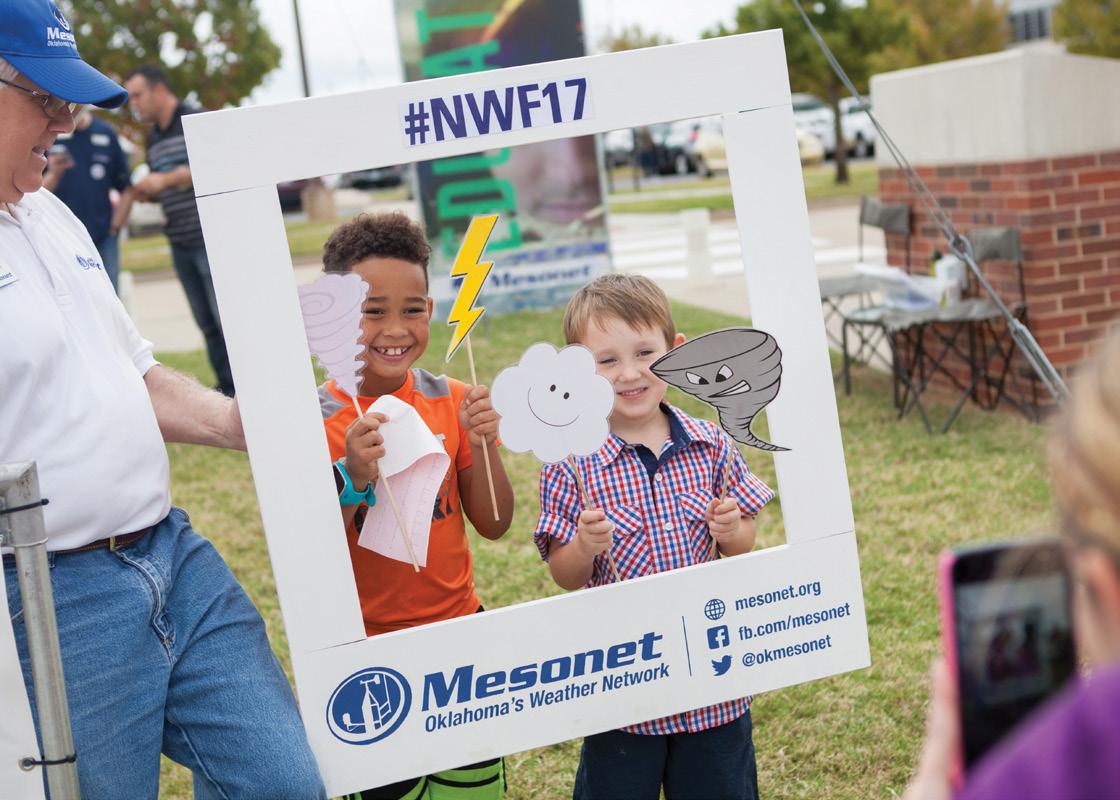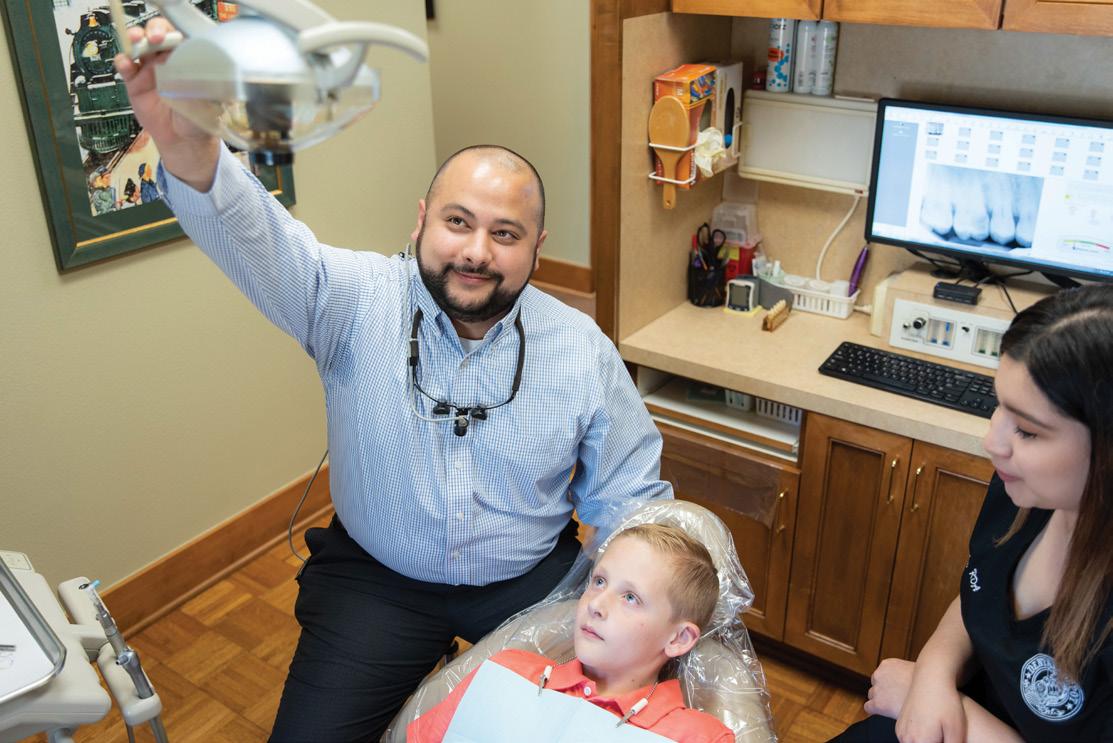Protecting Your Family’s Mental Wellness
CLICK FOR MOBILE-FRIENDLY VERSION
D U R I N G A H E A LT H P A N D E M I C
As the world comes to grips with the ramifications of the coronavirus, anxiety, fear and uncertainty clutch many of our families, and our children. In my own household, tension crackles and tempers flare, even as we try our best to operate from compassion. This is a hard time to be a parent, dealing with an unprecedented-in-our-lifetimes pandemic whose full impact we don’t yet comprehend. Local experts agree one of the most important things for parents to prioritize during any time of great uncertainty is our families’ mental health. Follow these 10 tips from local experts to protect and stabilize your kids and yourselves:
1
Cultivate calm. How parents handle uncertainty and fear greatly impacts how children will handle them, too, says Heather Warfield, licensed marriage and family therapist and programs director for Calm Waters Center for Children and Families. First, be aware of your own reactions and take time alone or with other adults to process your feelings. “Our words, facial expressions, tones and language will send [our children] the message of how they should feel in their little
8 METROFAMILYMAGAZINE.COM / APRIL 2020
BY ERIN PAGE
bodies,” said Stacey Johnson, licensed professional counselor in private practice at The Purple Couch and owner of Studio 7. “Speak with grounding words, eliminate anxiety language and hold anxious expressions for behind closed doors.” Help your child feel calm by using a gentle voice, offering reassuring hugs and talking to them about what you are doing to keep them and others safe, advises Morgan Lankford-Gordon, licensed professional counselor and registered play therapist. Use understanding and supportive language, like “I’m here for you” and “How can I help?” Create a calm-down or relaxing area in your home together, suggests Lankford-Gordon. Include items like pillows, blankets, coloring books, books to read, fidget toys or stuffed animals.
2
Ask questions first. Eddie Withers, epidemiologist for the OKCCounty Health Department, says even if your kids aren’t asking about the coronavirus it’s important to initiate conversations. Rather than providing information first, Lankford-Gordon suggests asking open-ended questions. “Let them tell you what they have heard and give ample opportunity to ask questions,” said Lankford-Gordon. Instead of leading questions like “Are you scared about getting sick?” or “Are you worried?” try more general options that give you a pulse on their feelings, like “Tell me something that helped you feel happy (or made you feel sad, worried, etc.) today.”





